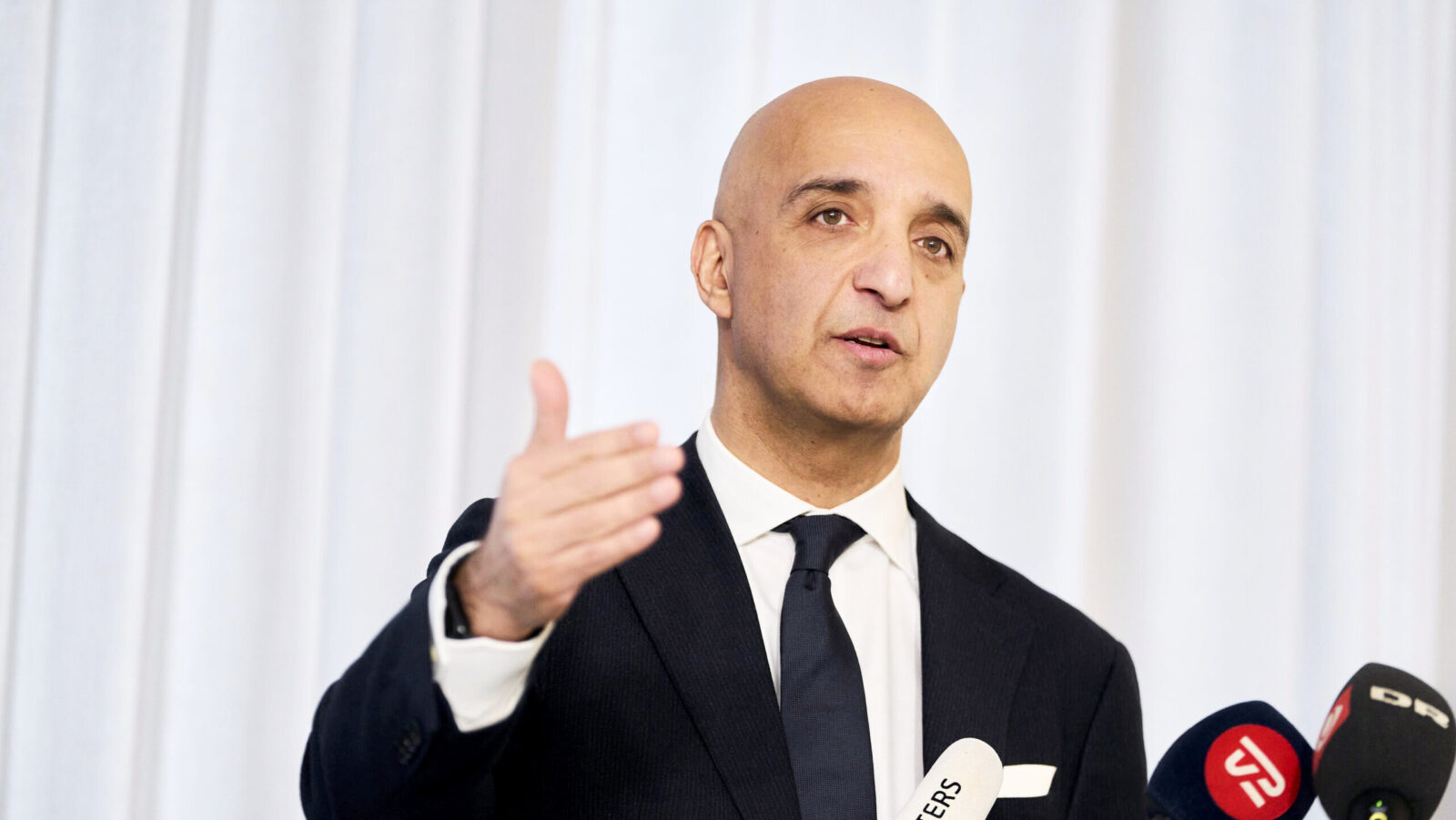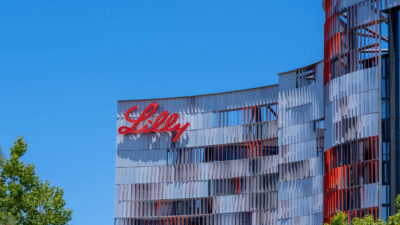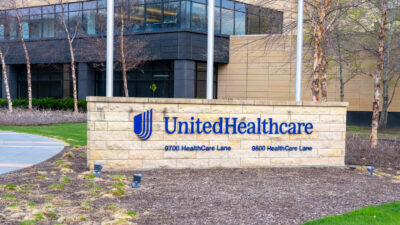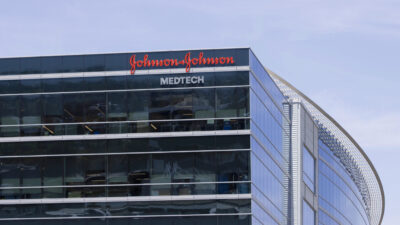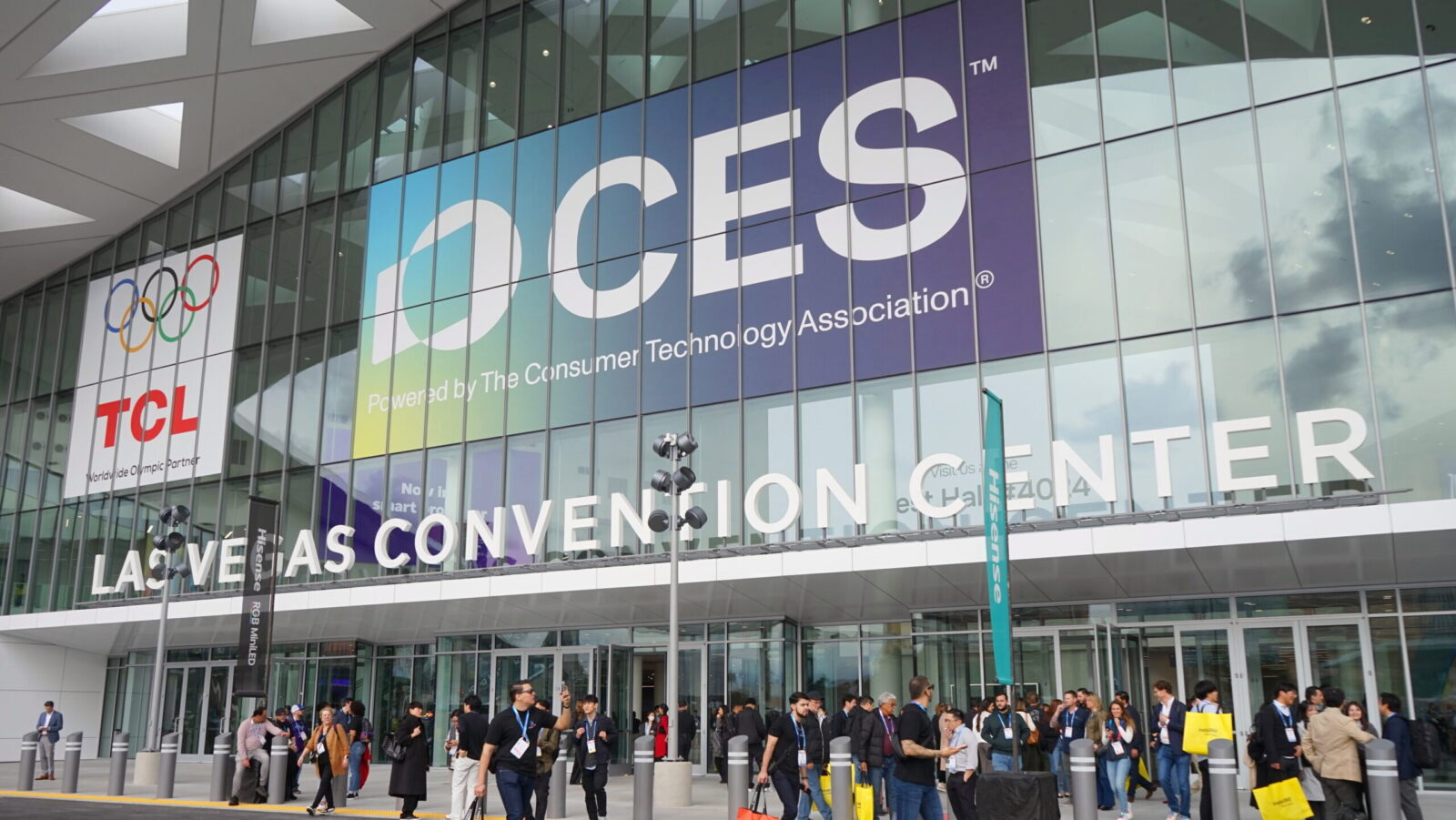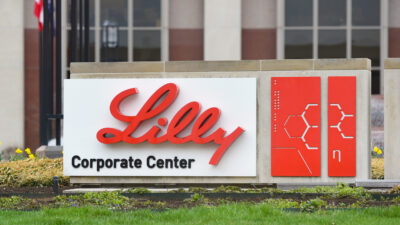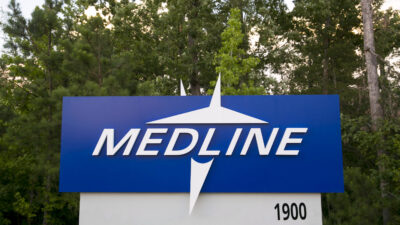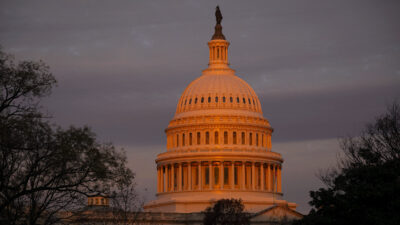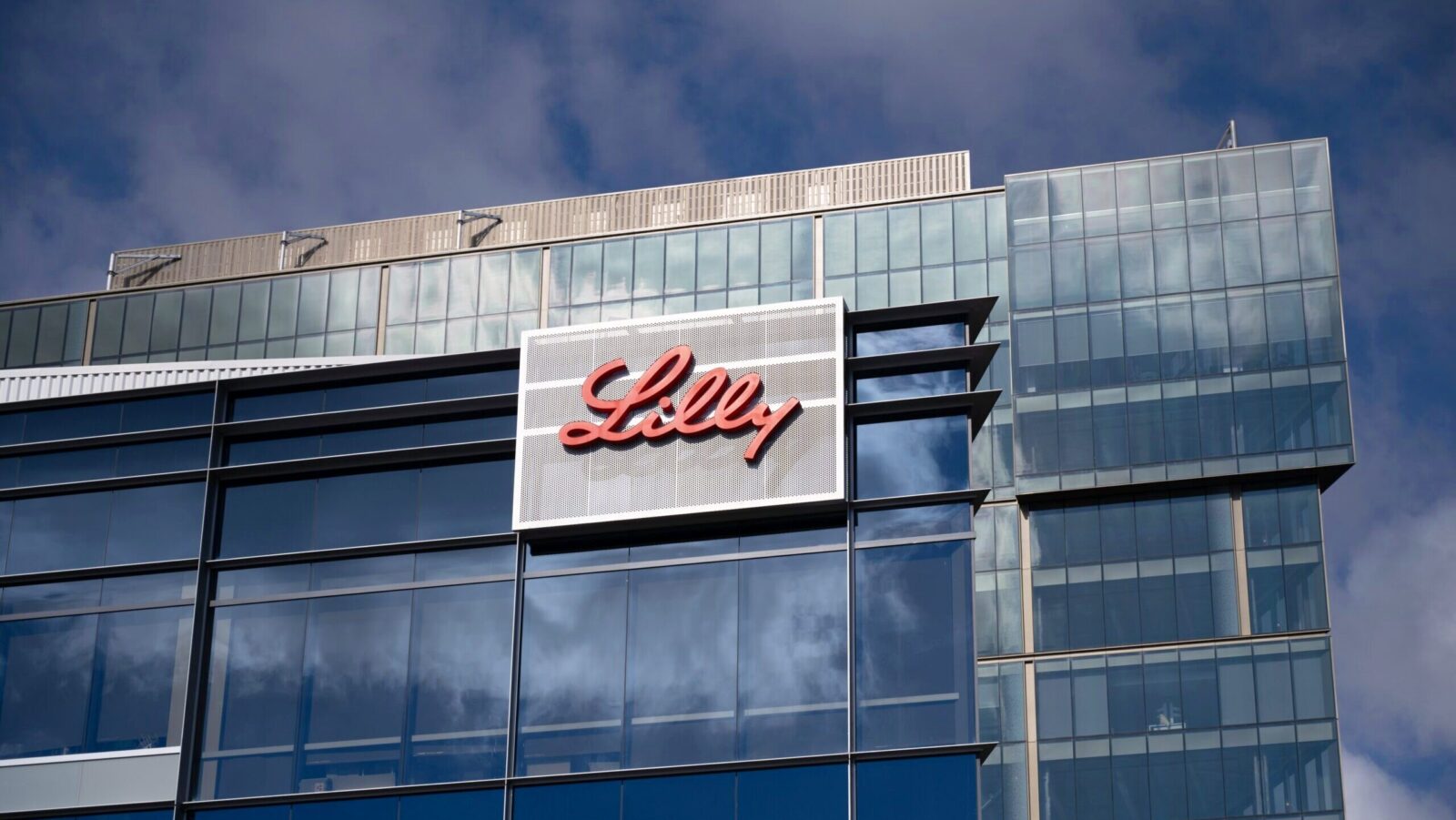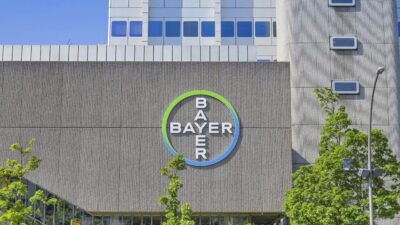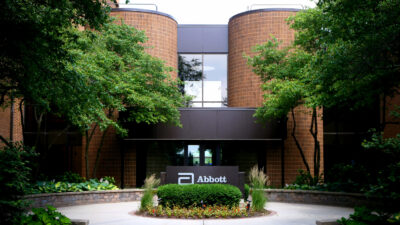AstraZeneca and Daiichi Sankyo Treatment Wins First of Its Kind FDA Blessing to Treat Lung Cancer
Like many other major pharmaceutical companies, AstraZeneca is facing a series of patent cliffs for key treatments in its portfoilio.
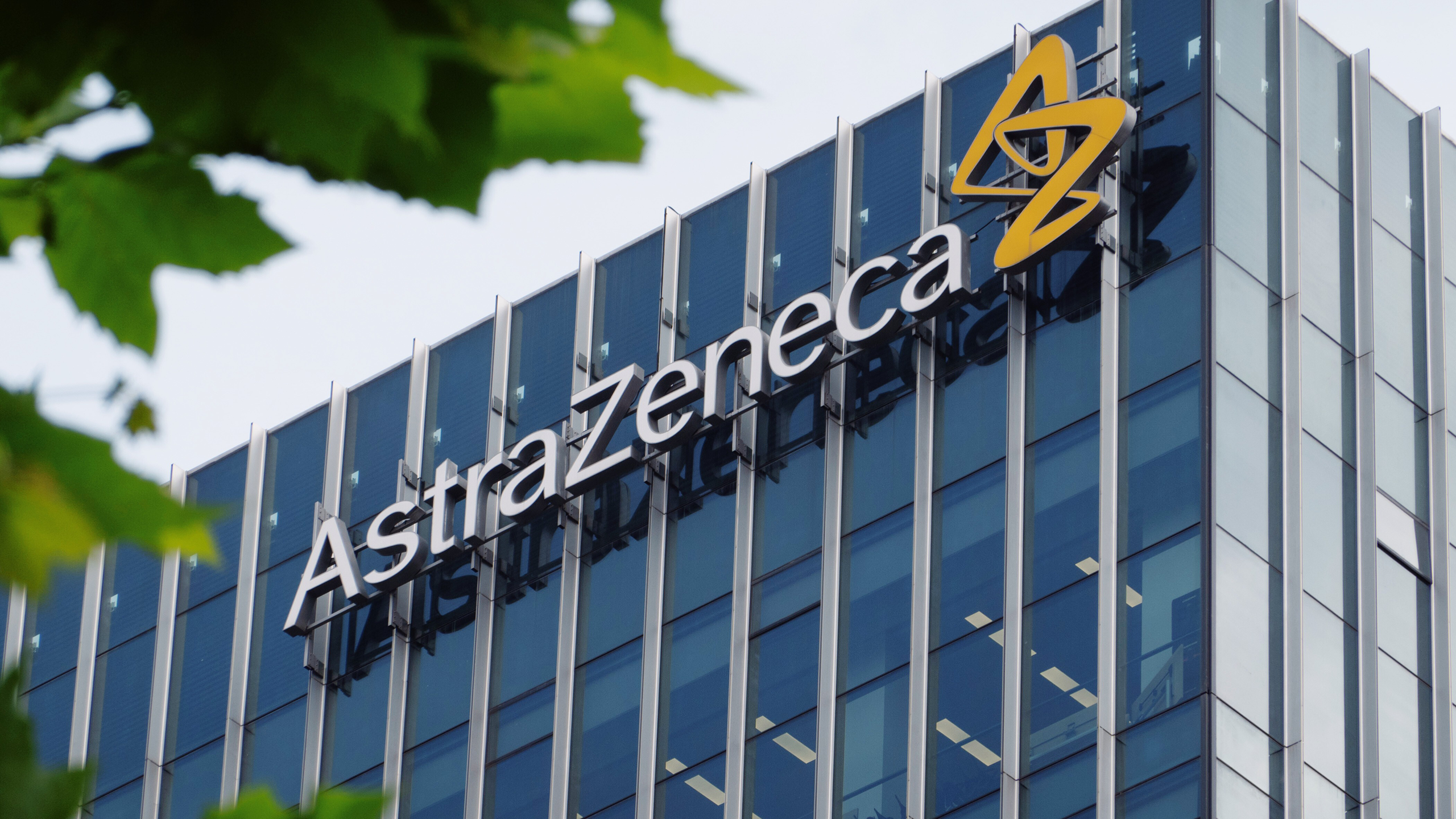
Sign up for smart news, insights, and analysis on the biggest financial stories of the day.
AstraZeneca paid Japan’s Daiichi Sankyo a whopping $1 billion upfront back in 2020, and tacked on a potential $5 billion in milestone payments, for the chance to co-develop the antibody-drug conjugate DS-1062 outside of Japan.
On Tuesday, the treatment, marketed as Datroway, was given the greenlight by the US Food and Drug Administration to treat a specific lung cancer, making it the first therapy of its kind to be approved for treating the disease.
Incremental Payoffs
Antibody-drug conjugates have been likened to precision-guided missiles by many in the medical and scientific community. That’s because they can be designed to target cancer cells and mostly spare healthy cells, something not afforded by conventional chemotherapy treatments that target all rapidly dividing cells, not just cancer cells (hence outcomes like hair loss).
Datroway was already approved for treating a form of breast cancer earlier this year, and AstraZeneca CEO Dave Fredrickson noted the approval “provides a much-needed option to patients with advanced EGFR-mutated lung cancer whose disease has become resistant to past treatments, regardless of the driving mutation.” The approval was, for a time, seen as something of a toss-up because of the results of one study, but AstraZeneca revised its filing to narrow its approval for only patients with EGFR-mutated lung cancer. For now, the approval breakthrough represents a small financial opportunity, but it opens the door to further payoffs:
- JPMorgan analysts said Tuesday that the lung cancer approval for Datroway will “de-risk what we see as a $0.5 billion peak in-market sales opportunity.” The drug’s previous approval for breast cancer treatment, they said, had done the same for a “$0.4 billion peak in-market sales potential.”
- Datroway’s next big test will be Phase III data from a study in triple-negative breast cancer that the company expects to have this quarter. JPMorgan views that as a $1 billion opportunity for sales. Later in 2025, there will be data on the treatment’s use for newly diagnosed lung cancer patients, which could open up considerably more opportunities.
Extending the Cliff: AstraZeneca missed first-quarter revenue expectations when it reported in April, while a stronger-than-expected profit was not enough to offset concerns about weaker sales of core cancer and respiratory drugs. Like many other major pharma companies, it’s also facing a series of patent cliffs for key treatments like Farxiga, the diabetes drug that brought in $7.7 billion last year and currently faces a loss of US exclusivity. While Datroway won’t plug that hole on its own, the results are worth more than money in cases like these.
